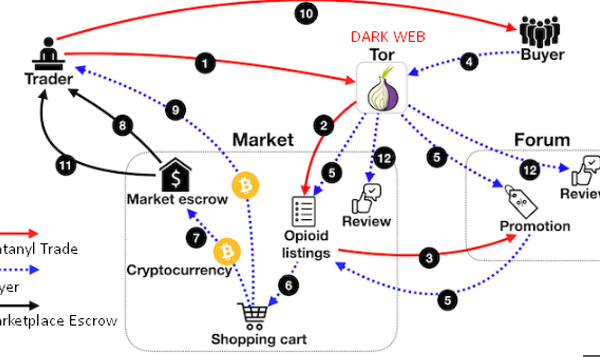Resistance groups kill and threaten Myanmar junta’s conscription supporters
Rebel defense groups killed two administrators in vigilante slayings and are threatening the lives of more, according to resistance organizations. Since the country’s 2021 military coup d’etat, significant defeats for the junta have driven coup leader Senior Gen. Min Aung Hlaing to enact the People’s Military Service Law. Subsequent widespread panic from Myanmar’s youth has pushed them into hiding, across the Thai border in droves, with one even taking his own life. The law would require men and women between 18 and 35 to serve in the country’s military for two years and skilled professionals for longer terms. In two regions in central Myanmar, Wundwin Township Revolution Force and Salin People’s Defense Force have taken action into their own hands. The groups admitted to gunning down two local administrators in Magway’s Salin township and Mandalay’s Wundwin township, according to the defense forces. Salin People’s Defense Force told Radio Free Asia they murdered 50-year-old Myint Htoo on Monday at 10:30 p.m. after he took a loudspeaker to the village’s streets to encourage young people in Pu Khat Taing to serve in the junta’s military. Radio Free Asia could not independently confirm details about Maung Pu’s death, but a Salin People’s Defense Force official reported that both village administrators were armed with hand-made guns. An official of the Salin People’s Defense Force who spoke on the condition of anonymity for security reasons told RFA they plan to continue targeting administrators who support conscription. “We have made a list of local administrators, officials from the general administrative department and immigration officials who are taking advantage of political instability to threaten people and seek their own interests,” he told RFA on Wednesday. “We still have to continue to take action individually.” A representative from Wundwin Township Revolution Force said they are monitoring the behavior of local officials backing the junta. “Anyone who continues to work for the military service law according to the junta council must go the same way as Maung Pu,” he said. He agreed to speak about the group’s actions under the condition of anonymity. RFA contacted Magway and Mandalay junta spokesmen Myo Myint and Thein Htay for comments on the deaths, but they did not respond. Nationwide threats As military recruitment begins in Yangon, five guerilla groups issued a statement on Tuesday night with warnings that they would take “severe action” against administrators supporting the law. The joint statement was issued by the Yangon Region People’s Defense Force, Yangon Urban Guerrillas, Yangon UG Association, Yangon Army and Yangon Guerrilla Army, who called the conscription system “a flagrant violation of human security.” Junta officials began their registration and recruitment operations to bolster army numbers on March 12. Still a deeply junta-controlled region, the vast majority of township and neighborhood-level officials are carrying out the orders, a Yangon resident said. “The current enumeration and enlistment are being led by the chairs of administration and administrators,” he said, asking to remain anonymous for fear of reprisals. “They have to send the lists to the township-level administration and carry it on, step by step. It looks like many of the lists have already reached their hands.” Yangon region’s junta spokesperson Htay Aung told RFA Wednesday that these procedures were not necessarily in connection with the conscription law, but merely business as usual. “Security is normal for us. Yangon is calm and peaceful as usual,” he said. “Normal procedures are being carried out in accordance with the law.” Twenty-one local administrators of Rakhine state’s Thandwe township submitted their resignations on March 18 after junta officials asked them to recruit a militia and compile lists of potential recruits. Translated by RFA Burmese. Edited by Kiana Duncan and Mike Firn.





